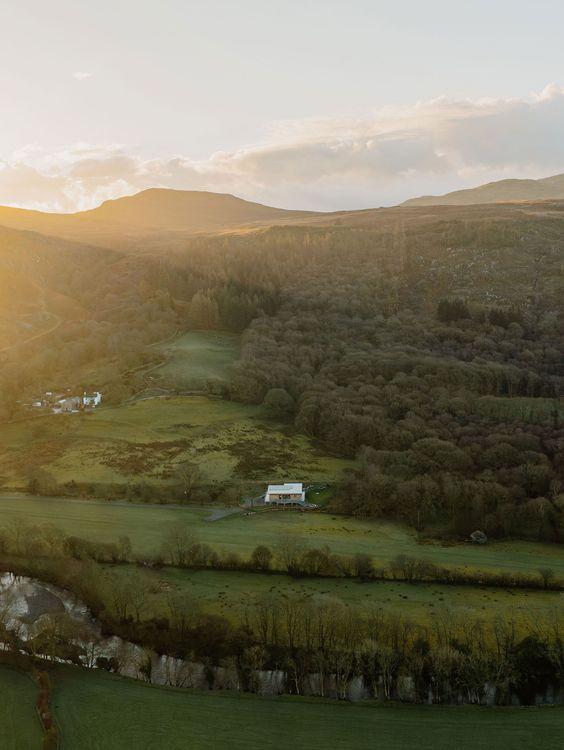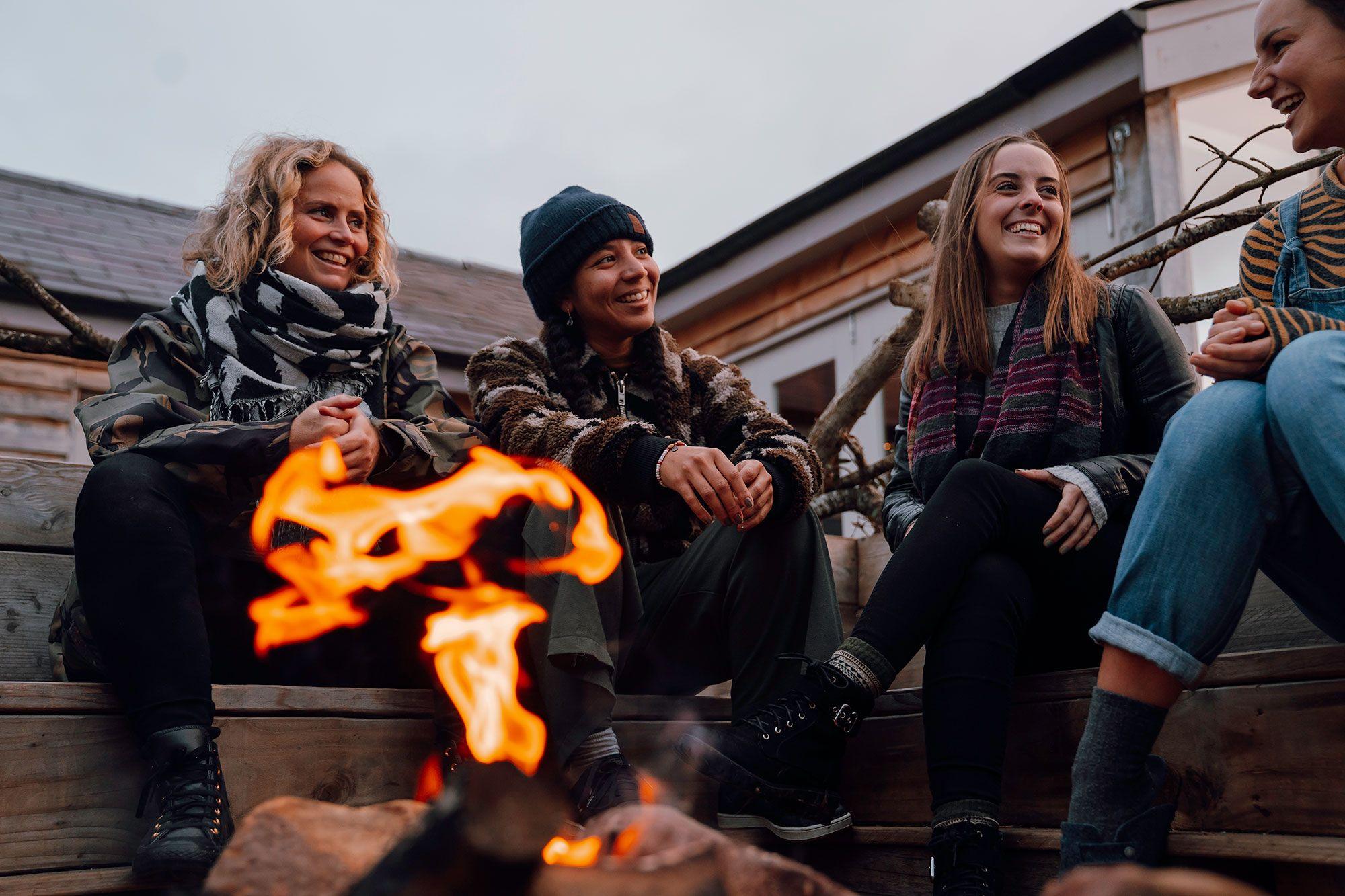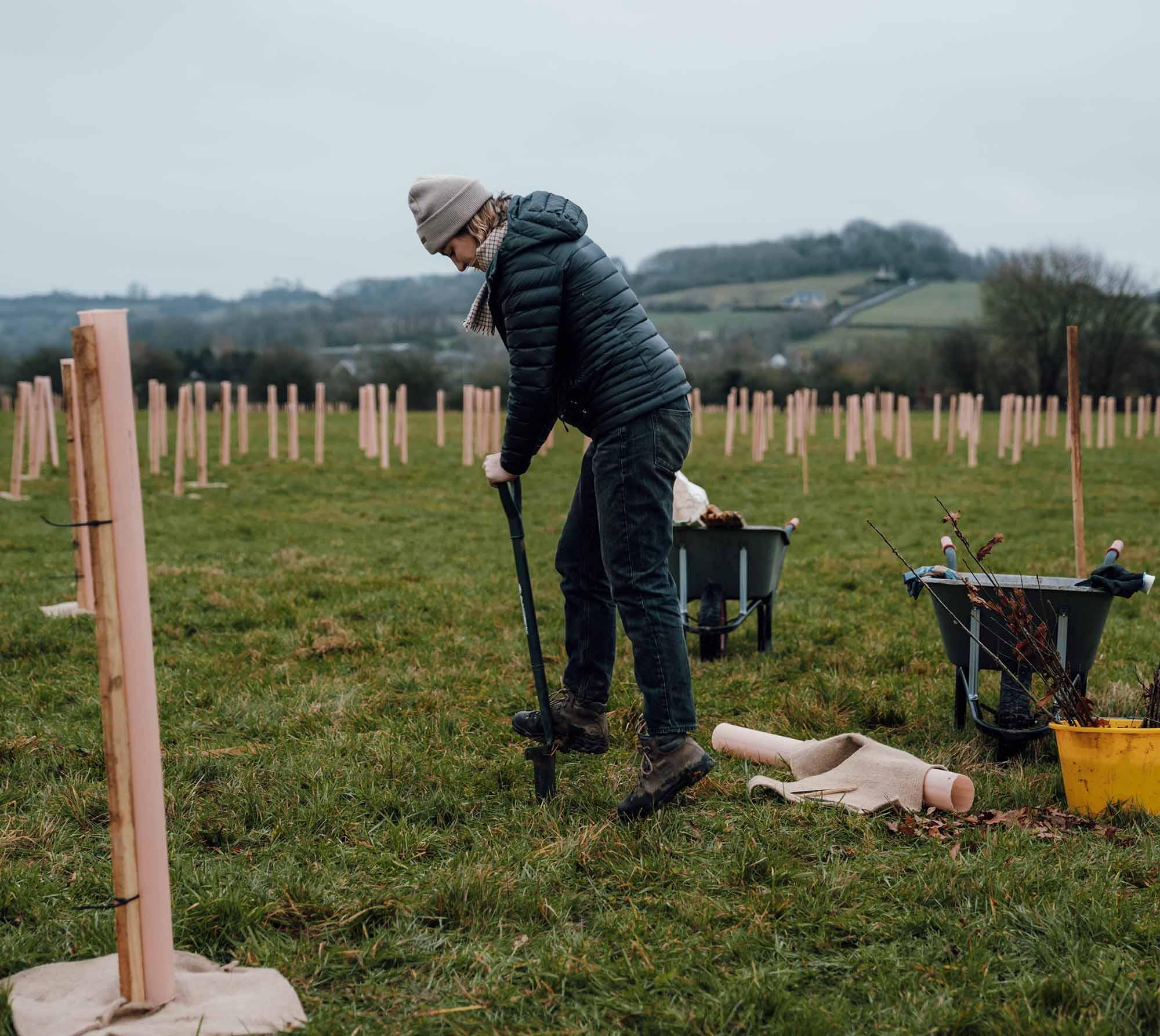
A better option
In brief: Switched-on travellers want to see more from the companies they buy from and take less from the places they visit
The rise in protests against mass tourism in countries around the world is symptomatic of an appetite for change in the travel industry. Consumers are beginning to demand alternatives to traditional accommodation in overstretched destinations and the environmental degradation and community impact that ensues. While glamping is, in many respects, the answer they’re looking for, it cannot afford to rest on its laurels and must work to drive the whole travel industry towards a more sustainable future. Government action is alternately a help and a hindrance in this aim, so it falls to individual companies to hold themselves to the highest standard and deliver for an increasingly issue-driven market.
A natural choice
Glamping is, aside from the frequent difficulty of public transport access, an obvious option for travellers looking to minimise their impact, but this goes far beyond sustainably built structures. Small-scale operations, such as glamping sites are more likely to integrate themselves in their local community and have minimal effect on housing stock. They often utilise and support local craftspeople, artisans and producers, contributing a significant boost to local economies, while schemes to incentivise landowners and farmers to manage their land sustainably help to balance the interests of business and biodiversity. Our sister company and glamping consultancy, Crown & Canopy, builds habitat enhancement into every project it works on and has found that over 80% of owners who contact them are actively intent on improving biodiversity and the health of their land. All these features are part of glamping’s strong appeal to the ecologically minded guest and, while it will never be scalable enough to supplant mainstream accommodation options, it can and should show people a way to travel better.
Government backing
Many positive steps have been taken by the government in recent years. Nutrient neutrality credits and biodiversity net gain are now enshrined in planning law and The Sustainable Farming Incentive has been expanded for 2024 with increased payments and cover for actions around woodlands, orchards and coastal habitats with greater flexibility and encouragement of farms that provide educational tours.

Government lacking
Conversely, there are some areas in which officialdom is proving more of a hindrance than a help. It is still unclear when the upcoming registration scheme for short terms lets will launch and industry consultation has been patchy and thus far unpromising. The removal of Furnished Home Letting tax relief is likely to prove problematic for many business owners and planning regulations are harder than ever for prospective businesses to wade through, although professional consultancy and support for this are available. While guests may not be aware of these developments, it is hoped that the proven desire for more considerate tourism will help pressure the government into offering more support for the sustainable business of glamping.










